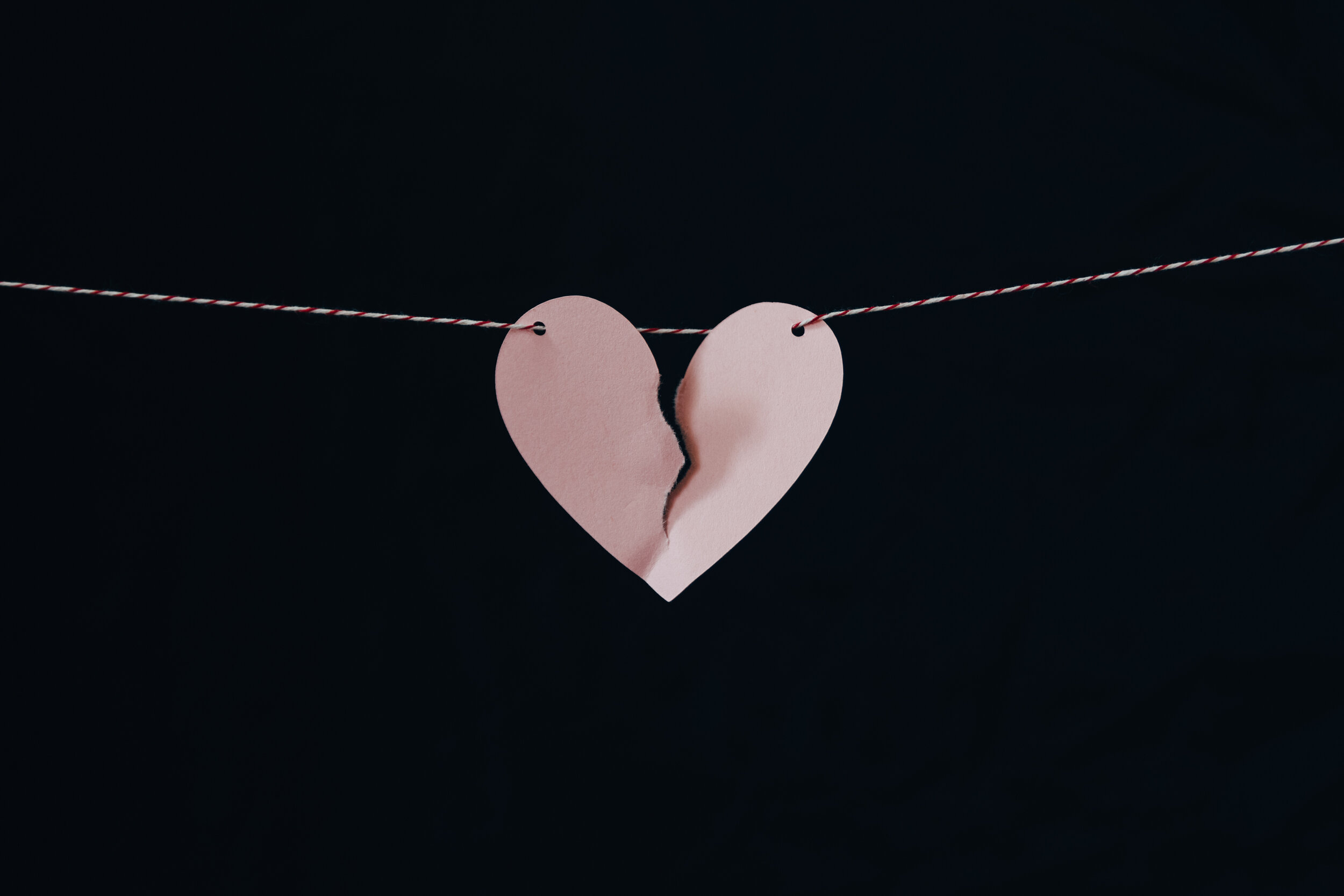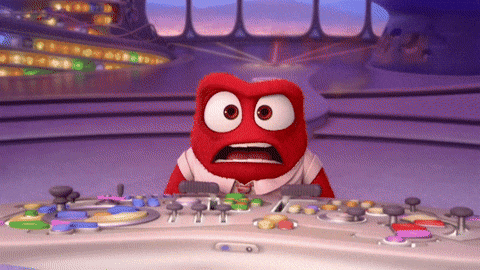How to avoid failing at relationships
Ahhh failing at relationships.
Seen as you’re here, I’m guessing all or some of the following apply to you:
You’ve been in a relationship that’s failed.
You’re worried your current relationship is failing .
You fear your current relationship will one day fail.
The first thing I’m gonna ask you to do is quit quit quit using the word ‘fail’ altogether. So let’s say the above again replacing it with some version of the word ‘end’.
You’ve been in a relationship that’s ended.
You’re worried your current relationship is ending.
You fear your current relationship will one day end.
Okay it still doesn’t feel great, but ‘ended’ is much less emotionally loaded than thinking we’ve failed. And it’s a start at least.
And there’s more below. So stay with me for a look at how to avoid relationship ‘failure’.
We’re gonna cover…
How our definition of failure is wrong
What the word failure means to you
Why feelings of failure are even stronger in relationships
How your beliefs about failure are impacting your relationships
How you can stop ‘failing’ at relationships
I cover a similar topic on my podcast, listen here - How to stop fearing relationship failure.
How we define failure is wrong
Google ‘define: failure’ and this will come up:
lack of success
the neglect or omission of expected or required outcome
the action or state of not functioning
Wikipedia? ‘Failure may be viewed as the opposite of success’. Me right now….
And on top of this wrongness, you’ll come to realise that often we’re attaching ‘failure’ to things ending, when they are very different things. And that’s where it gets really sticky when it comes to relationships.
Because failing isn’t a thing that happens to us. We don’t fail, we feel a failure. I wrote about this in an earlier post here.
It’s our emotional attachment to the outcome that creates this feeling of failure. If we were logical robots with no emotions and no hang ups about our own abilities, value and worth in the world then we wouldn’t give two hoots about ‘failing’ to meet an expected outcome or be successful, or something ending.
Failure is nothing more than a feeling. And it’s our desire to avoid the feelings of shame, guilt, embarrassment and pure ickiness that come with failing, that lead us to fear failure and behave in ways to avoid it.
What does the word failure mean to you?
I recently had a conversation with my Coach about my attitude to ‘failing’ to exercise. I recounted all the times over the last ten years where I’d '‘failed’.
I trained for 5 months and did a super sprint triathlon, but then didn’t use my bike for 2 years.
I ran 3x a week for 3 months but then didn’t run for 6 months.
I learned what foods and eating patterns worked for my body, but continuously struggled to implement them.
She said ‘They sound like things you started for a while and then stopped. What about that makes them a failure?’
Suddenly the threads of my life were woven together before me.
This was the same stumbling block I was hitting about my business and the same limiting belief I held about relationships.
I knew I had a fear of failure, I’ve been working on it the past couple years. But I hadn’t until that point realised how many ways I perceived something to be a failure.
I’ve come to know three deep ingrained beliefs I have about failure…
If I stop doing something then it has failed
If I make a change to something, then what came before it has failed
If I don’t meet my own expectations (no matter how unrealistic), I have failed
Why is this an important discovery?
Our deeply held beliefs drive our behaviour patterns across different areas of our life.
Realising my beliefs about failure felt confronting, but it also marked the beginning of being able to reframe those beliefs.
What does the word failure really mean to you?
Why it’s even harder with relationships
‘Twenty years of joy and support and friendship, that’s a success. Twenty years of anything with another person is a success. If a band stays together twenty years, it’s a miracle. Is this night a failure because it will end in an hour? Is the sun a failure because it will end in a billion years? No it’s the fucking sun.’*
On top of our own complex relationship with failure, our culture likes to pile on a dose of all the ways we’re bad at romantic relationships.
Blog articles claiming to help you list all ways you can make sure your relationship doesn’t fail (the irony of what I named this article isn’t lost on me, but I had to catch your attention somehow 😅).
Then you have the mass of unhelpful cynics. ‘Oh you’re getting married are you? Didn’t you know 42% of marriages end in divorce? Why bother if it’s most likely to fail?’
If you ask me, the fact that 58% of marriages work out is pretty amazing given how complicated it is to be a human person.
But we don’t see it that way easily. We get hung up on the idea that almost half marriages FAIL. They don’t. Over half marriages end. And those two things aren’t the same.
Is your relationship a failure because it ended after 10 years? Or 5 years? Is it a failure because it ended after 6 months? Is your current relationship a failure because it might one day end?
I want to challenge you to reframe what ending a relationship means. Because when we equate the idea our relationship may end, with our own sense of failure it causes us to act out of line with what we want and what’s right for us.
(*Quote from Elizabeth Day in her book ‘How to Fail’ in reference to Less by Andrew Sean Greer. Cracking quote if you ask me.)
How your beliefs about failure impact your relationships
So how we define failure is wrong, how you define failure in yourself is important, and how we think about failure in relationships is hard - but all of this stuff only matters because it impacts how we think and behave in relationships. Here’s some examples…
You feel as if it’s your sole responsibility for your relationships not to fail - this puts a lot of pressure on you and creates a level of anxiety about the future.
You worry your relationship is on a path to failure. You feel insecure and seek approval and reassurance from your partner - but it doesn’t actually make you feel any better.
You hang on to relationships that aren’t right for you because you don’t want to fail - time you could have spent moving on to something that is right for you.
You don’t benefit from insight of all the great learnings (and also, great aspects) of your past relationships ‘cause you’re caught in the headspace that they were failures and everything was wrong.
How to avoid failing at relationships
Understand what the term ‘failing’ actually means to you (across all areas of your life).
Reframe how you view failure in relationships.
Understand if you fear failure and how you are avoiding failure in your relationships.
Ask yourself, ‘if I were to let go of my fear that this relationship will fail, how will it change my relationship?’
You CAN learn how to avoid failure in your relationships by working on your own perception of failure in your life and find greater self-confidence, trust and happiness in yourself first.
Read more about how to here: How to stop fearing relationship failure. Or head straight to the download below, to get started!
How to stop worrying your relationship will fail
Free workbook to help you reflect on how you view failure, and how it impacts you and your relationship.
















I help late diagnosed ADHD folk make career and life decisions they trust. ICF Certified Coach, Youtuber & Writer.